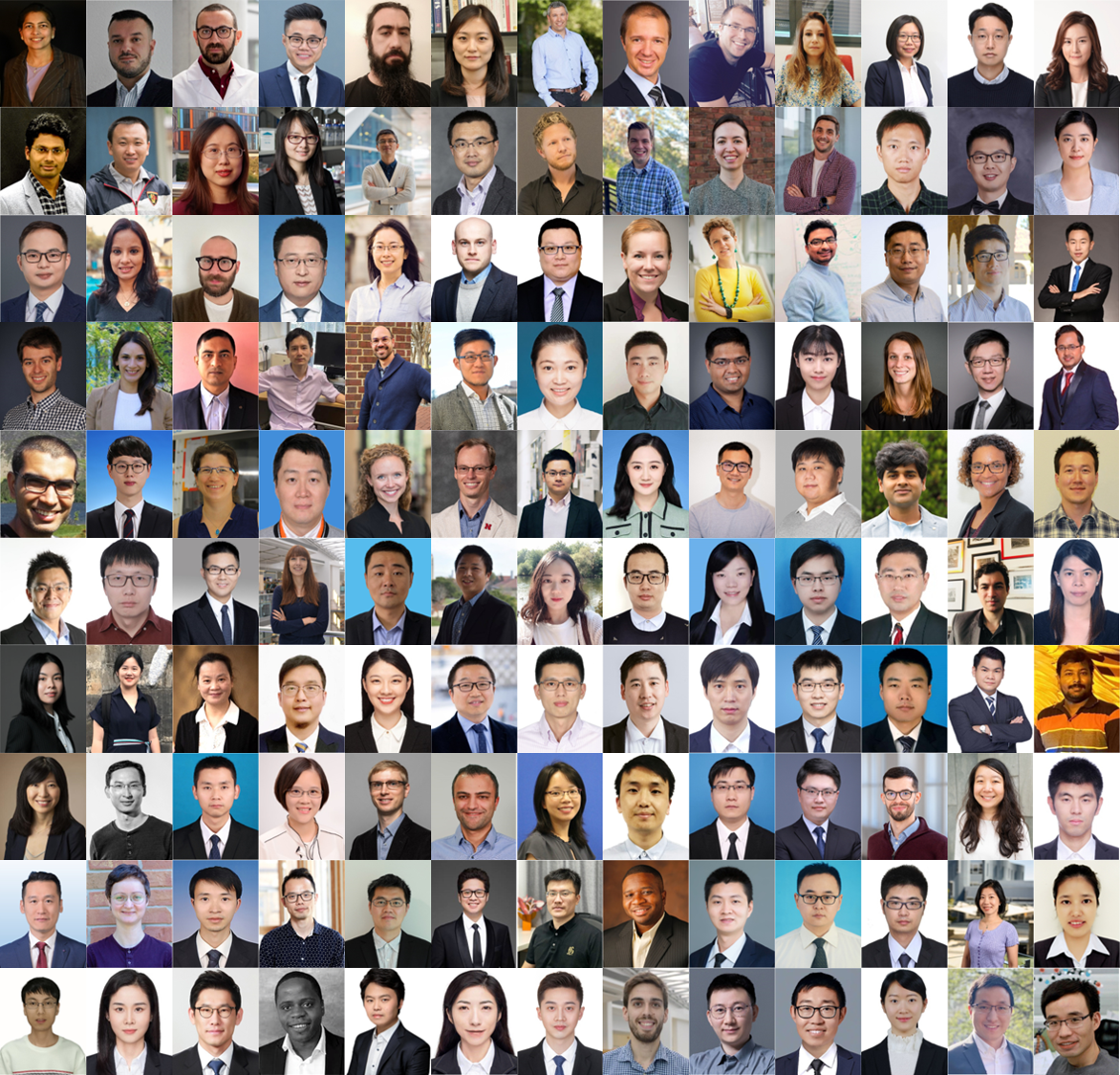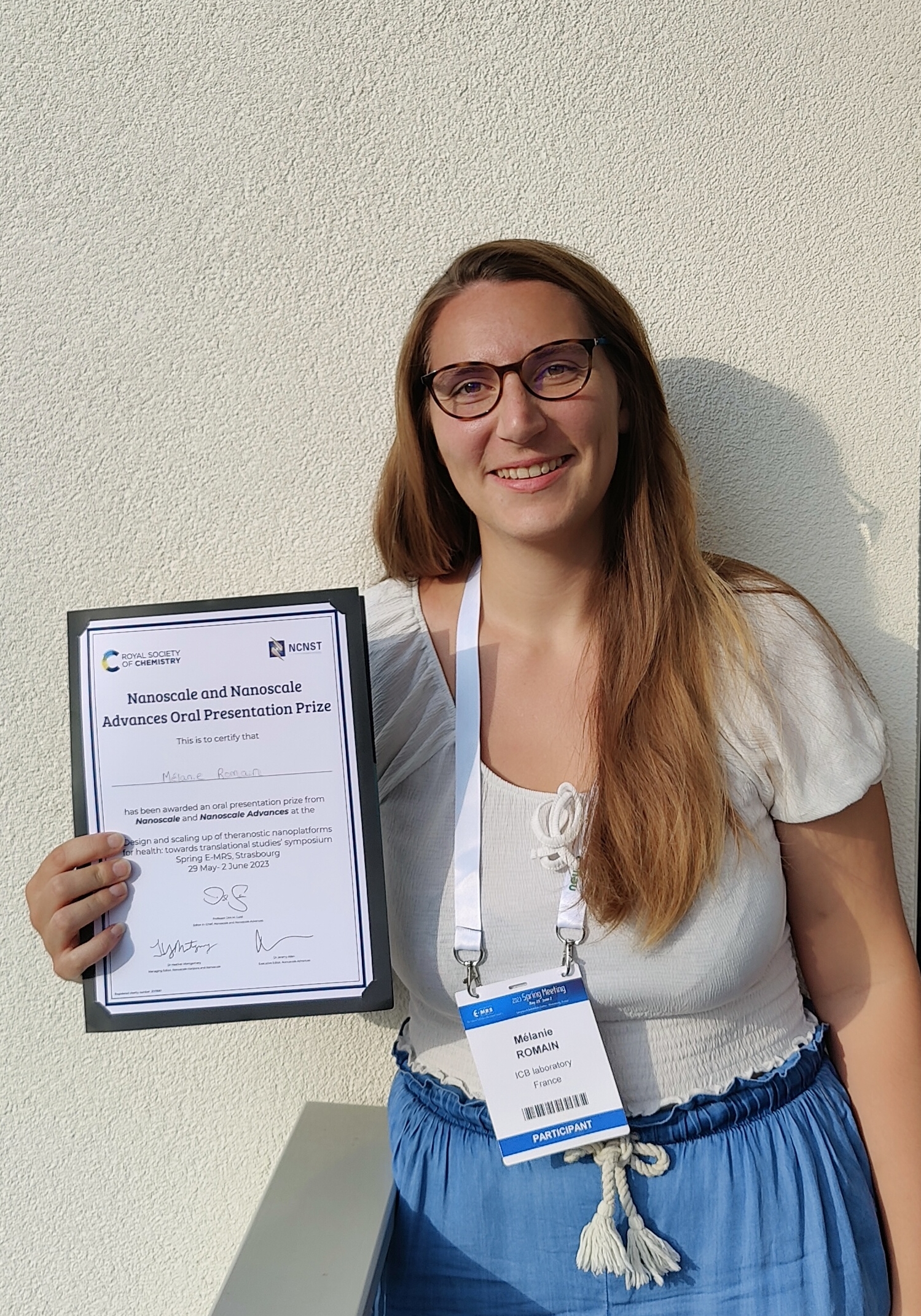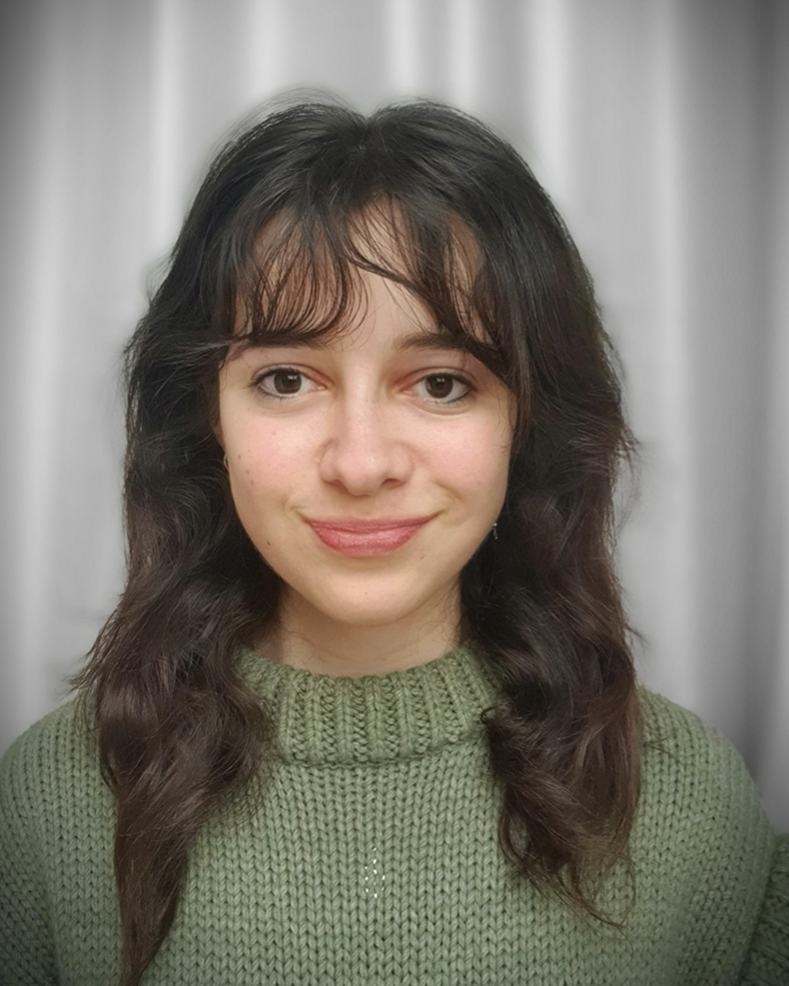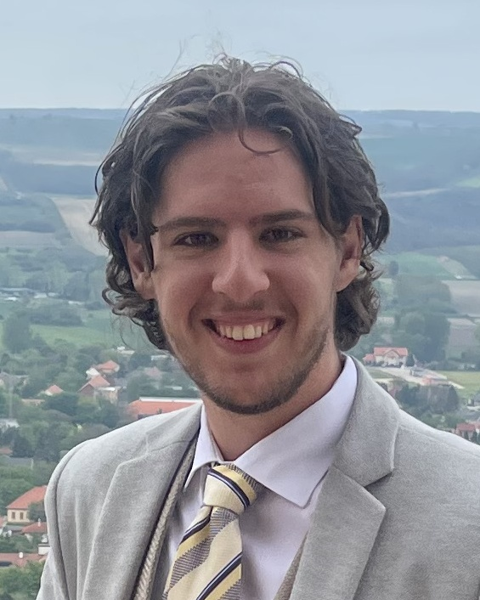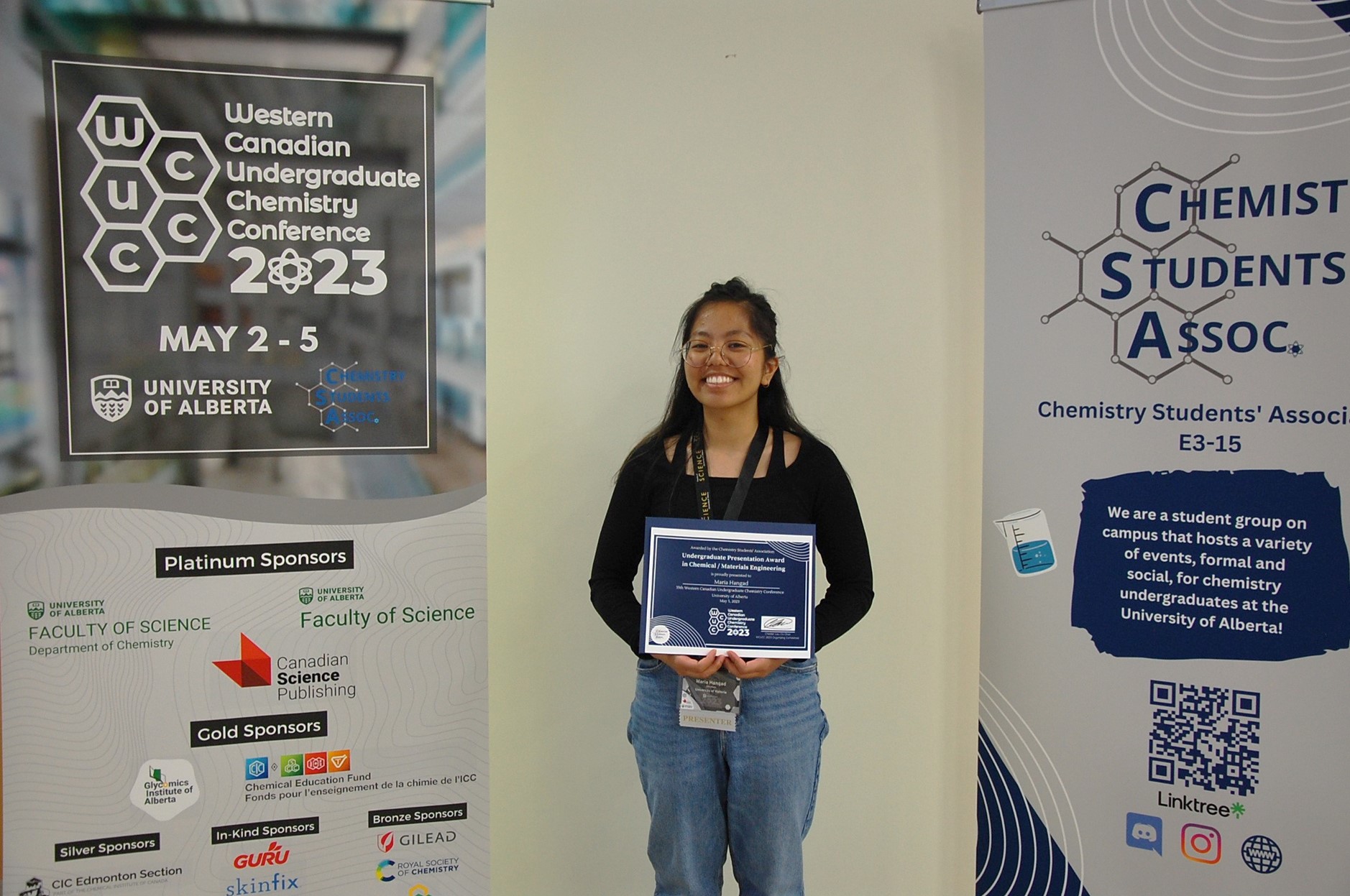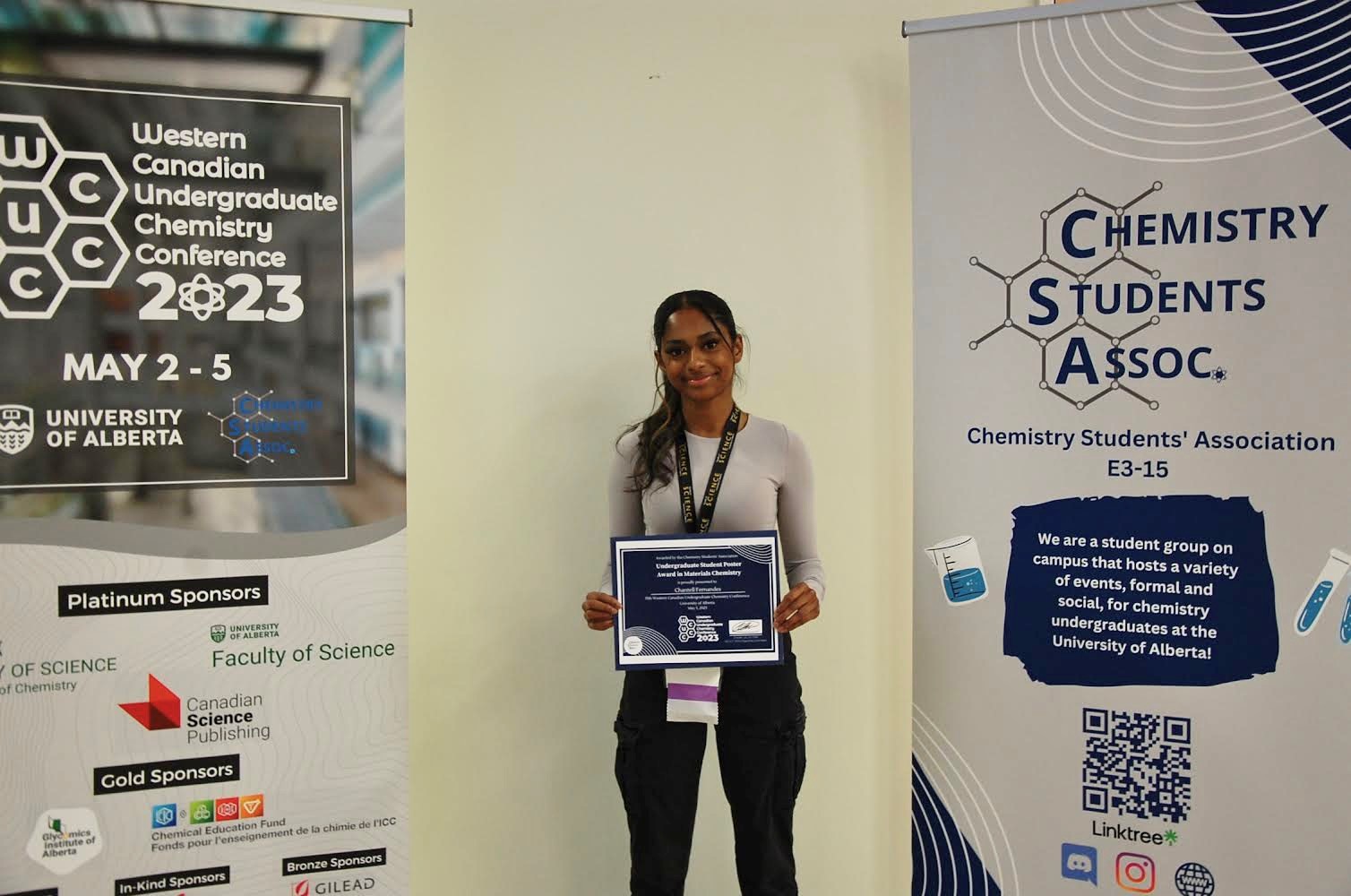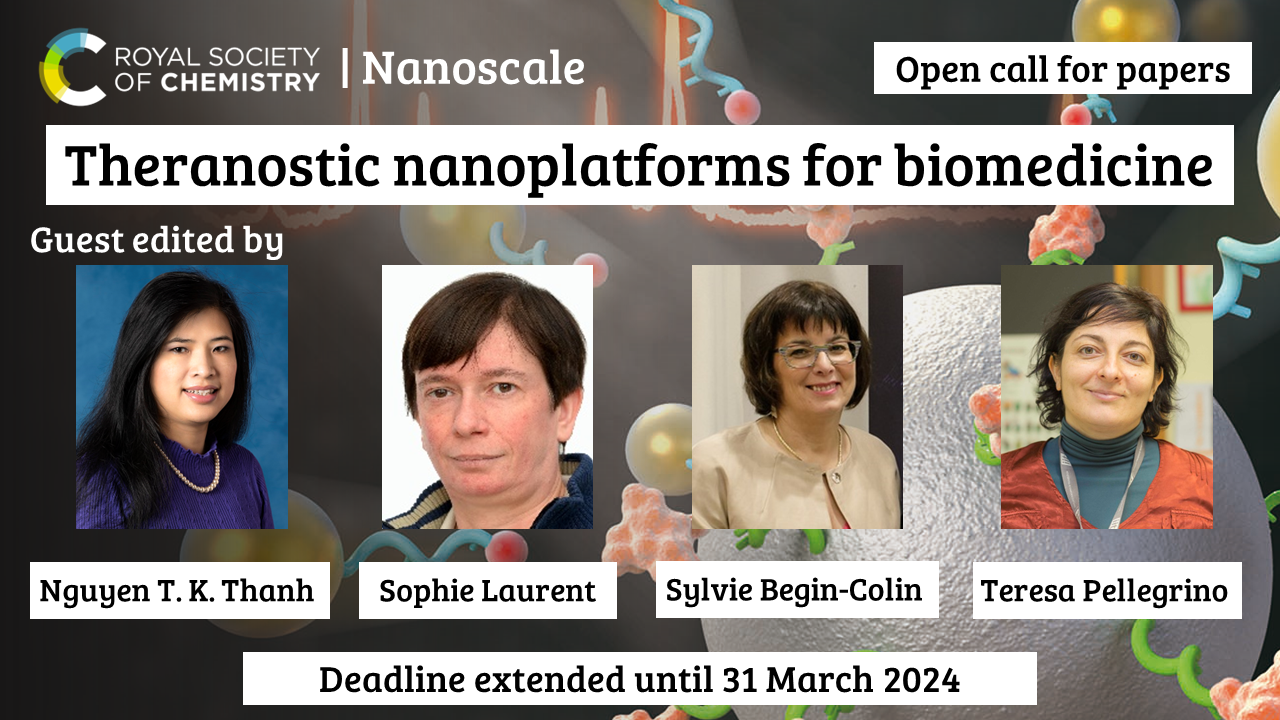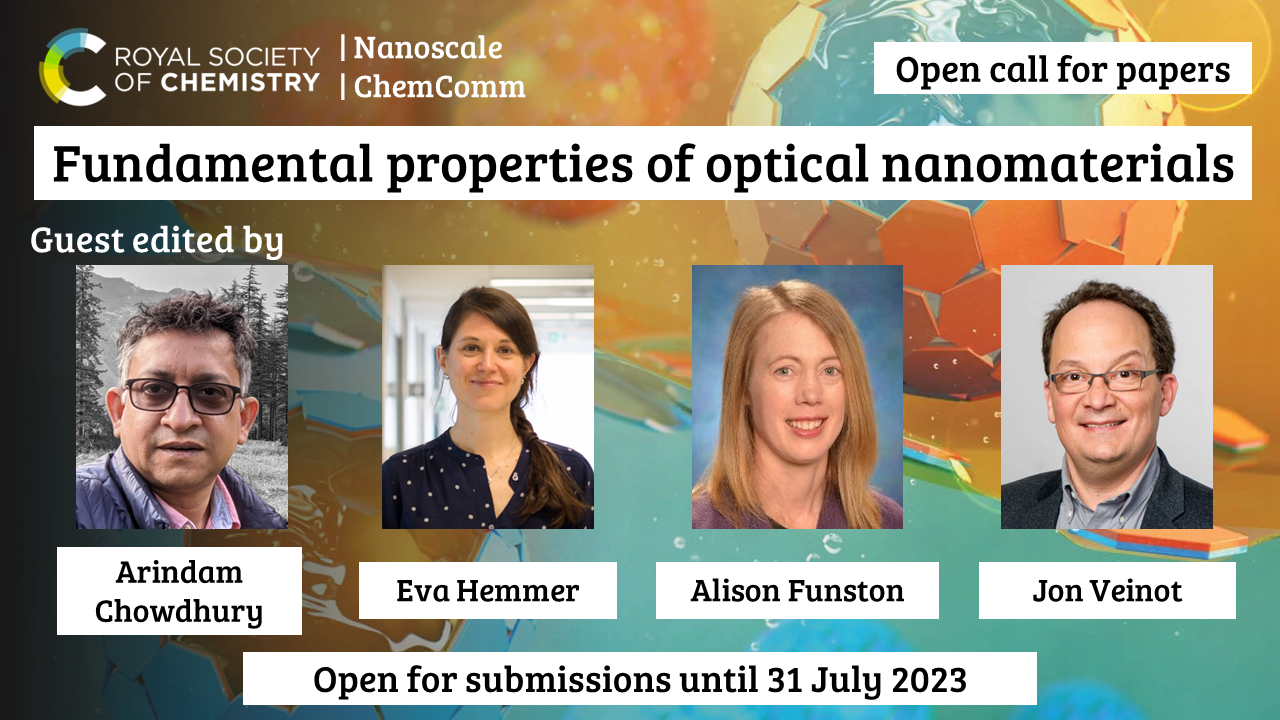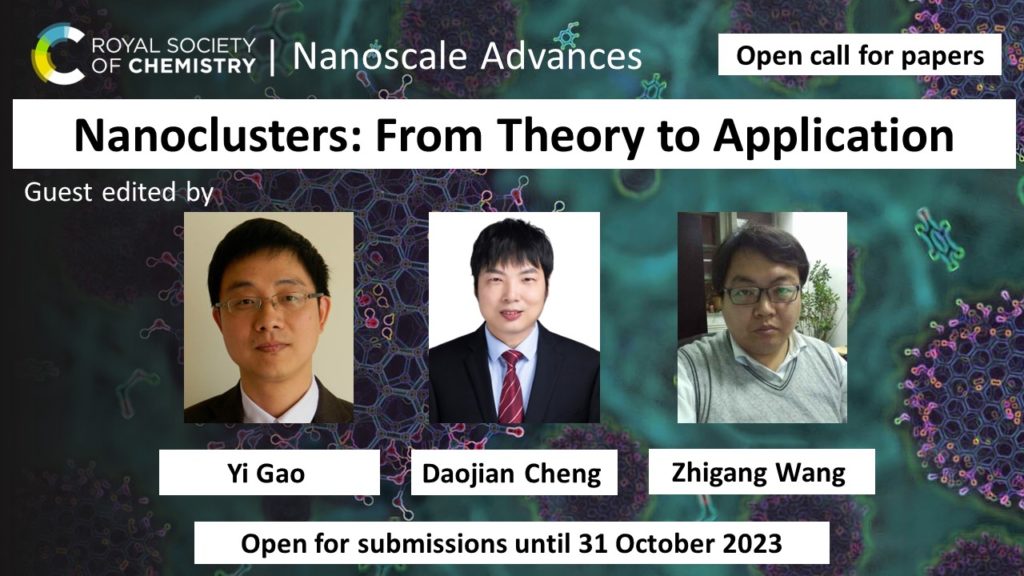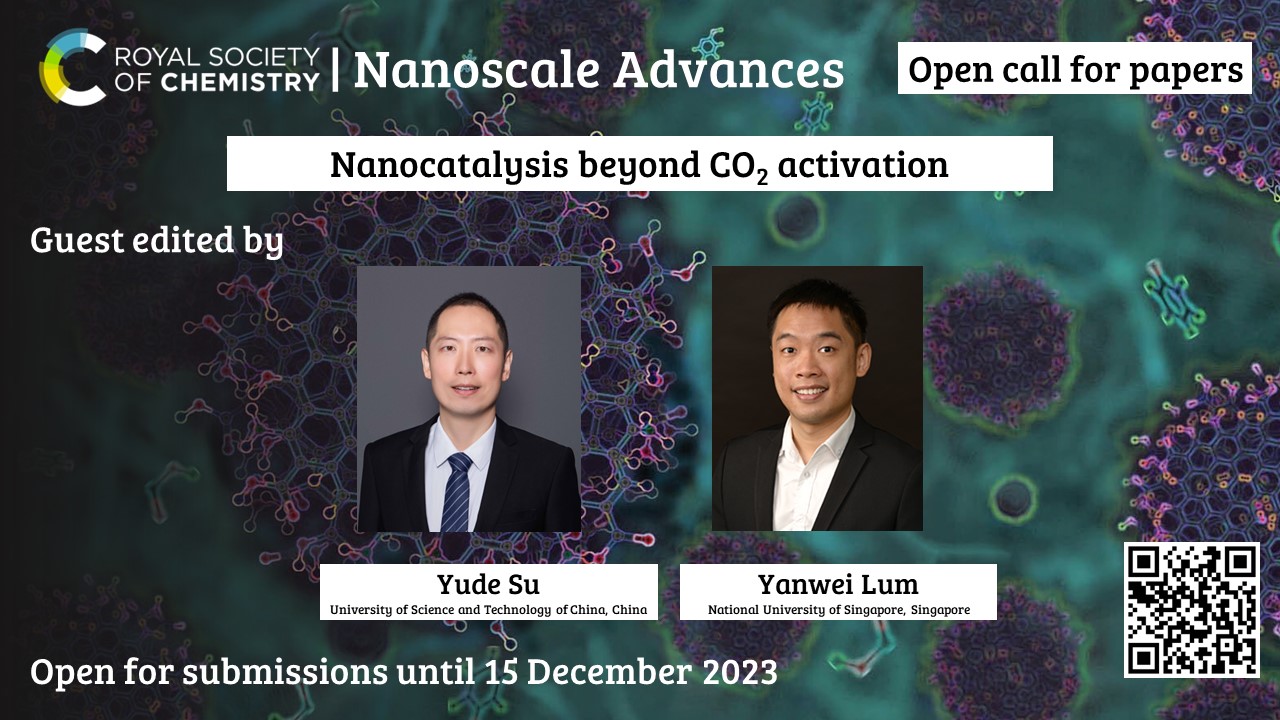Nanomaterials for printed electronics
Guest edited by Cinzia Casiraghi, Oana Jurchescu, Shlomo Magdassi and Wenming Su
Printed electronics have witnessed significant interest within the last few decades, in particular in conjunction with the development of the Internet of Things (IoTs). The digitization of machines, vehicles, and elements of the physical world could completely change the way we interact with objects and collect and get access to data, leading to improved quality of life and reduced costs. This collection explores a multitude of applications within the field and aims to exhibit new and exciting prospects for nanomaterials in printed electronics.
We are delighted to introduce a new online collection published in Nanoscale that explores a multitude of applications within the field and aims to exhibit new and exciting prospects for nanomaterials in printed electronics. All of the articles in the collection are free to access until the end of August 2023.
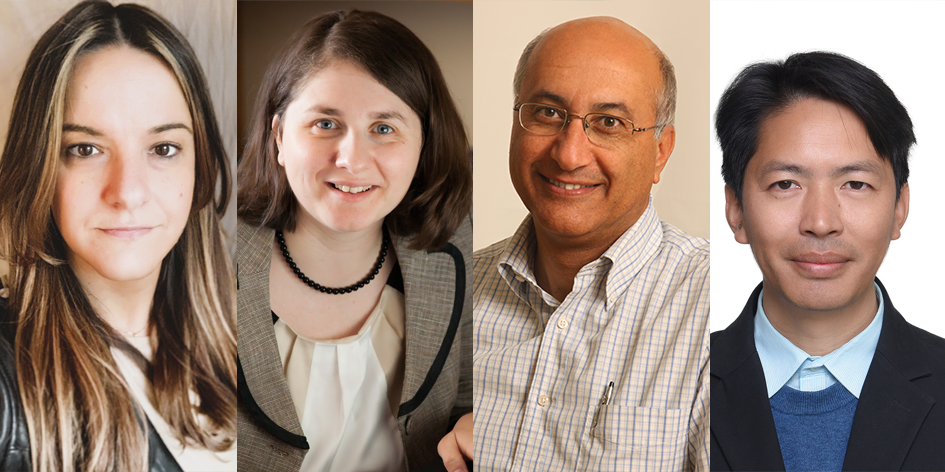
The guest editors, Professor Cinzia Casiraghi (University of Manchester, UK), Professor Oana Jurchescu (Wake Forest University, USA), Professor Shlomo Magdassi (Hebrew University of Jerusalem, Israel) and Professor Wenming Su (Suzhou Institute of Nano-Tech and Nano-Bionics, China), introduce this collection in their editorial.
Read some of the featured articles below.
A sprayed graphene transistor platform for rapid and low-cost chemical sensing
Benji Fenech-Salerno, Martin Holicky, Chengning Yao, Anthony E. G. Cass and Felice Torrisi
Nanoscale, 2023, DOI: 10.1039/D2NR05838C
High performance printed organic electrochromic devices based on an optimized UV curable solid-state electrolyte
Chenchao Huang, Zishou Hu, Yuan-Qiu-Qiang Yi, Xiaolian Chen, Xinzhou Wu, Wenming Su and Zheng Cui
Nanoscale, 2022, DOI: 10.1039/D2NR03209K
Visualisation of individual dopants in a conjugated polymer: sub-nanometre 3D spatial distribution and correlation with electrical properties
Gustav Persson, Emmy Järsval, Magnus Röding, Renee Kroon, Yadong Zhang, Stephen Barlow, Seth Marder, Christian Müller and Eva Olsson
Nanoscale, 2022, DOI: 10.1039/D2NR03554E
Ionic dielectrics for fully printed carbon nanotube transistors: impact of composition and induced stresses
Brittany N. Smith, Hope Meikle, James L. Doherty, Shiheng Lu, Gianna Tutoni, Matthew L. Becker, Michael J. Therien and Aaron D. Franklin
Nanoscale, 2022, DOI: 10.1039/D2NR04206A
Plasmon enhanced fluorescence from meticulously positioned gold nanoparticles, deposited by ultra sonic spray coating on organic light emitting diodes
Rachith Shanivarasanthe Nithyananda Kumar, Maarten Eerdekens, Yovan de Coene, Veda Sandeep Nagaraja, Shabnam Ahadzadeh, Melissa Vanlandeghem, Thierry Verbiest and Wim Deferme
Nanoscale Adv., 2023, DOI: 10.1039/D2NA00753C
Nanoscale is always interested in considering high-quality articles on nanomaterials for printed electronics and we would be delighted if you would consider the journal for your next submission, which can be made via our online submission service. All submissions will be subject to initial assessment and peer review as appropriate according to the journal’s guidelines.
We hope you enjoy reading this collection and look forward to seeing how this field progresses! Please continue to submit your exciting work on printed electronics to Nanoscale.
Comments Off on Themed collection: Nanomaterials for printed electronics



